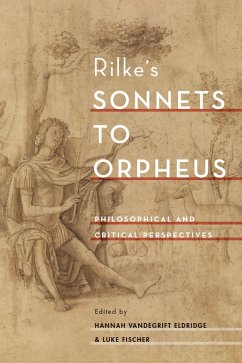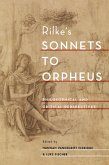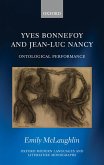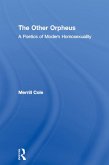Written in three weeks of creative inspiration, Rainer Maria Rilke's
Sonnets to Orpheus (1923) is well known for its enigmatic
power and lyrical intensity. The essays in this volume forge a new path in illuminating the philosophical significance of this late masterpiece. Contributions illustrate the unique character and importance of the
Sonnets, their philosophical import, as well as their significant connections to the
Duino Elegies (completed in the same period). The volume features eight essays by philosophers, literary critics, and Rilke scholars, which approach a number of the central themes and motifs of the
Sonnets as well as the significance of their formal and technical qualities. An introductory essay (co-authored by the editors) situates the book in the context of philosophical poetics, the reception of Rilke as a philosophical poet, and the place of the
Sonnets in Rilke's oeuvre. Above all, this volume's premise is that an interdisciplinary approach to poetry and, more specifically, to Rilke's
Sonnets, can facilitate crucial insights with the potential to expand the horizons of philosophy and criticism. Essays elucidate the relevance of the
Sonnets to such wide-ranging topics as phenomenology and existentialism, hermeneutics and philosophy of language, philosophy of mythology, metaphysics, Modernist aesthetics, feminism, ecocriticism, animal ethics, and the philosophy of technology.
Dieser Download kann aus rechtlichen Gründen nur mit Rechnungsadresse in A, B, BG, CY, CZ, D, DK, EW, E, FIN, F, GR, HR, H, IRL, I, LT, L, LR, M, NL, PL, P, R, S, SLO, SK ausgeliefert werden.









